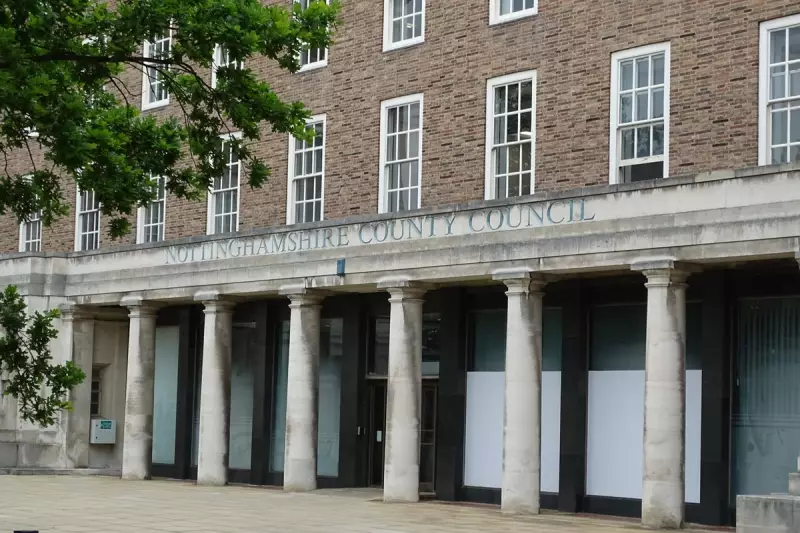
The Nottingham Post has found itself at the centre of a political media storm after being officially excluded from Reform UK's live reporting events. The ban comes in the wake of a contentious incident involving the party's candidate for the Nottinghamshire constituency of Ashfield.
The dispute ignited during a live-streamed event on the newspaper's social media channels. Reform UK officials took issue with the Post's live coverage, culminating in their removal from the party's media communications list. This move effectively blocks the publication's journalists from receiving direct press releases, event invitations, and timely updates from Nigel Farage's party.
A Clash Over Coverage
At the heart of the matter is Lee Anderson, Reform UK's candidate for Ashfield and former Conservative Party deputy chairman. The Nottingham Post had been providing live coverage of a political event when party representatives intervened, demanding the newspaper cease its live reporting immediately.
Despite the Post's journalists maintaining they were operating within standard press protocols, Reform UK proceeded to implement the media blacklist. The decision has significant implications for the newspaper's ability to cover one of the region's most prominent political parties during a crucial election period.
Press Freedom Concerns
This development raises important questions about the relationship between political parties and the local press. Media access is fundamental to ensuring transparent election coverage and keeping the electorate informed about political developments.
The Nottingham Post has stated its commitment to fair and balanced reporting despite the restrictions imposed by Reform UK. The situation highlights the ongoing challenges faced by regional journalism in maintaining access to political figures while fulfilling their watchdog role.
As the general election campaign continues, this incident serves as a notable case study in how political parties manage media relations and control their messaging to the public through local press channels.





